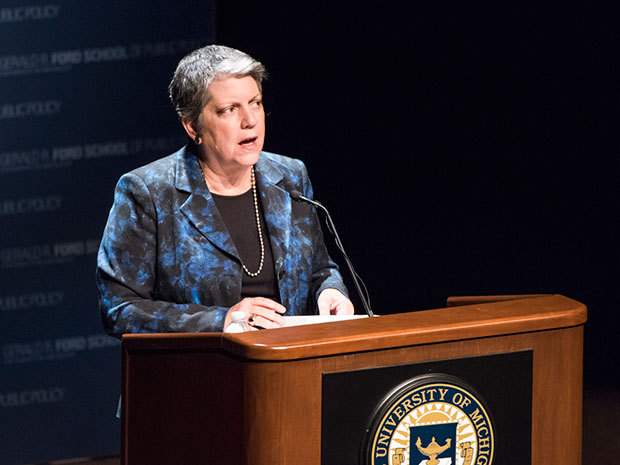Tuition Hikes Delayed
Posted On May 19th, 2015

Written by Sandy Van
Ongoing negotiations between UC President Janet Napolitano and Gov. Jerry Brown have resulted in an agreement that will cap UC resident tuition for the next two years and increase state allocations by 4 percent, or $120 million, over the next four years. In addition, out-of-state tuition will increase by 8 percent each year.
The agreement will also provide a one-time infusion of $436 million over three years for UC’s pension obligations from the state’s rainy-day fund. An additional $25 million will each go to building maintenance and energy efficiency. These terms will be incorporated into the governor’s revised state budget, which will move to the state legislature for final deliberations until June.
The additional two-year tuition cap will continue the UC’s four-year streak of freezing tuition at $12,192 per year. The increase, now scheduled for the 2017-18 academic year, will seek to expand class enrollment, increase graduation rates and allow the university to maintain its financial aid programs. Approved in Nov. 2014, supplemental tuition for professional degrees will also increase by 5 percent for five years, but will not include the UC’s four law schools.
“While the framework meets the regents’ goals of providing budget stability and predictability, it does not allocate funds for the UC priority of boosting enrollment of California students,” said a UC press release.
The UC initially requested $220 million to support expanding student enrollment and services. Due to the lack of funding, the UC still plans to cap nonresident enrollment at UCLA and UC Berkeley at their current levels, and at 20 percent for UC San Diego. Other UCs, such as UCR, will not be subject to the cap.
“Nothing has changed at this point in regards to enrollment. The agreement with the governor does not allocate funds for boosting enrollment of California students,” expressed UC Media Relations Personnel Shelly Meron.
A series of student protests previously broke out across the UC condemning rising tuition in addition to lack of student and faculty involvement in the negotiations process.
Leading a UCR protest last November, Vice President of External Affairs Abraham Galvan saw the May revision of the budget as a definite victory as it temporarily deterred increasing tuition for students and served as a trademark of student organizing. In other respects, Galvan saw the budget as a loss, however, for professional and non-resident students.
“(The budget) will only further incentivize non-resident enrollment at a time when the UC already treats them as cash cows for the university,” he said. “Second, it still leaves things like three-year degrees and increased online course(s) on the table, which could continue to reduce the quality of our education.”
President Kathryn Lybarger of AFSCME 3299, whose union represents many UC employees and student workers, supported the revised budget but added that, “The University’s commitment to contain the exorbitant executive pensions that divert resources away from UC’s core public mission is also an important step forward, provided it is not used as a tool to undermine the retirement security of its lower paid, frontline staff.”
[Source]: Highlander News


